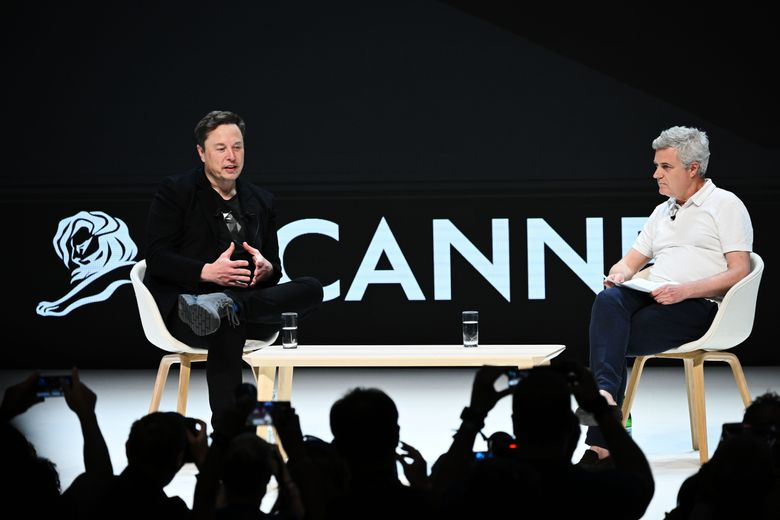
Elon Musk, the billionaire owner of the social media platform X, has recently walked back his aggressive remarks directed at advertisers last November. These comments, which included telling advertisers to "go f‑‑‑ yourself," came after several major firms paused their ad spending on the platform. Musk’s remarks and subsequent clarification highlight his staunch defense of free speech, even at the potential cost of advertising revenue.
The controversy began when companies such as Disney, Apple, IBM, Comcast, Lionsgate, Warner Bros. Discovery, Sony Pictures, and Paramount withdrew their advertisements from X. This decision followed reports that ads from these mainstream brands were appearing next to pro-Nazi and white nationalist content. At the time, Musk reacted strongly during the New York Times DealBook Summit, accusing advertisers of attempting to blackmail him. “If someone is going to try and blackmail me with advertising, blackmail me with money, go f‑‑‑ yourself,” he said. “Go f‑‑‑ yourself. Is that clear? Hope it is.”
However, during a conversation with WPP CEO Mark Read at the Cannes Lions advertising festival, Musk clarified his stance, indicating that his comments were not aimed at advertisers as a whole but were a defense of free speech. “It wasn’t to advertisers as a whole,” Musk explained. “It was with respect to freedom of speech. I think it is important to have a global free speech platform, where people from a wide range of opinions can voice their views.”
Musk emphasized that his priority for X is to uphold free speech over maximizing profits. This approach has led to easing content restrictions and readmitting previously banned users, which has, in turn, caused concern among marketers. Many are worried that the platform could become a haven for extremist views and conspiracy theories, potentially damaging brand safety.
Musk acknowledged that his behavior and the platform's policies have contributed to controversy. He admitted that X has attracted negative attention and that his personal conduct has at times amplified conspiracy theories and extremist views to his 187 million followers. Despite these challenges, Musk remains committed to the principle of free speech.
“If we have to make a choice between censorship and money or free speech and losing money, we’re going to choose the second,” Musk stated. “We’re going to support free speech rather than agree to be censored for money, which is I think the right moral decision.” He stressed that while X should be a public square for the world, this does not mean allowing illegal content. “It’s free speech within the bounds of the law,” he clarified.
Musk also acknowledged that advertisers have legitimate concerns about brand safety and have the right to choose where their ads appear. “Advertisers have a right to appear next to content that they find compatible with their brands,” he said. “That’s totally cool. But what is not cool is insisting that there can be no content that they disagree with on the platform.”
This nuanced position seeks to balance the interests of advertisers with the platform’s commitment to free speech. Musk's approach suggests that while he is willing to accommodate advertisers' needs for brand safety, he will not compromise on the broader principle of maintaining a platform where diverse viewpoints can be expressed.
In conclusion, Musk’s walk-back of his previous harsh comments and his clarification at the Cannes Lions advertising festival reflect his ongoing struggle to maintain a free speech platform while addressing the practical concerns of advertisers. His statements indicate a firm commitment to free speech, even as he navigates the complexities of running a social media platform in a highly polarized and commercially sensitive environment.











